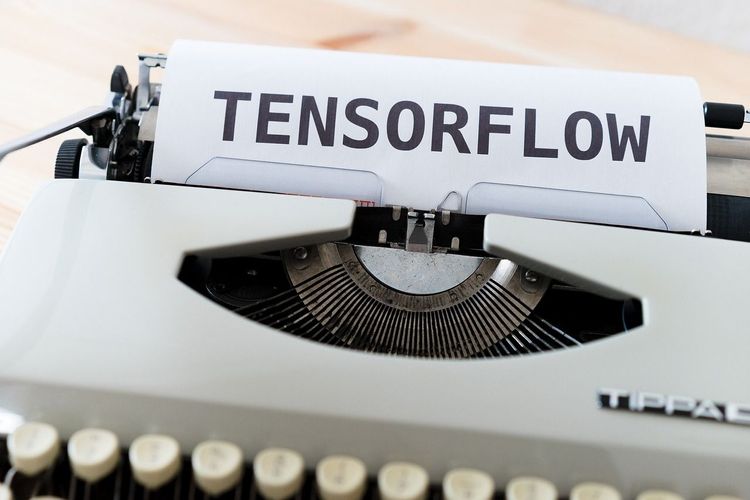Unity is stepping into the spotlight with its new generative AI tools, ensuring a strong ethical foundation unlike some competitors. Introducing Muse, a comprehensive suite of AI-powered tools, Unity will initially focus on texture and sprite generation, with plans to evolve into animation and coding features over time.
This announcement was made at the Unite conference in San Francisco, where Unity also unveiled a cloud-based platform and the upcoming release of Unity 6. Following a challenging period marked by a reversal of a major product strategy and the departure of its CEO, the company is eager to stride forward and reclaim its momentum.
Historically, Unity has positioned itself as a supportive ally for smaller developers who may not have the resources to use broader development platforms like its rival Unreal. The integration of AI tools could significantly ease the workload for developers who might struggle to spend extensive hours creating high-definition variations of assets, such as 32 different wood wall textures.
While several tools exist for generating or altering assets, the convenience of creating variations directly within the development environment cannot be overstated. Streamlined workflows allow developers to focus on creativity without the distractions of formatting and disconnected resources.
AI-generated assets are especially useful during prototyping, where imperfections are generally overlooked. Having original artwork tailored to gameplay concepts instead of generic sprites or 3D models can be crucial for effectively communicating a vision to publishers or investors.
Unity’s new AI feature, Sentis, aims to enhance the user experience by enabling developers to integrate complex AI data models into the Unity Runtime, facilitating new gameplay experiences and features. Currently in open beta, Sentis embraces a bring-your-own model approach, bolstered by built-in functionality.
Next year, Unity plans to introduce AI capabilities for animation and behaviors, which could greatly benefit from generative drafts and iterative assistance during specialized scripting and design processes.
A primary focus for Unity is to ensure these tools operate within a framework that respects intellectual property. Unlike image generators such as Stable Diffusion, which can inadvertently infringe on artists' rights by using unauthorized works, Unity is committed to responsible innovation. A blog post accompanying the announcement asserts that Muse’s sprite and texture generation has involved advancing their training techniques to prioritize creators’ copyrights.
Unity developed a completely custom model trained exclusively on Unity-owned or licensed imagery, enabling the creation of larger synthetic datasets while strictly adhering to permission protocols. For example, a wood wall texture can be generated in multiple variations through Stable Diffusion, without introducing new content. This method not only respects source material but also minimizes the chance of replicating specific styles or artists’ work, enhancing safety.
While this approach may initially compromise the quality of the models available, Unity acknowledges that the absolute quality of generated assets may not always be paramount.
Unity Muse will be available for a subscription of $30 per month. The community's feedback will soon reveal whether this offering meets expectations and adds value to developers’ toolkits.







